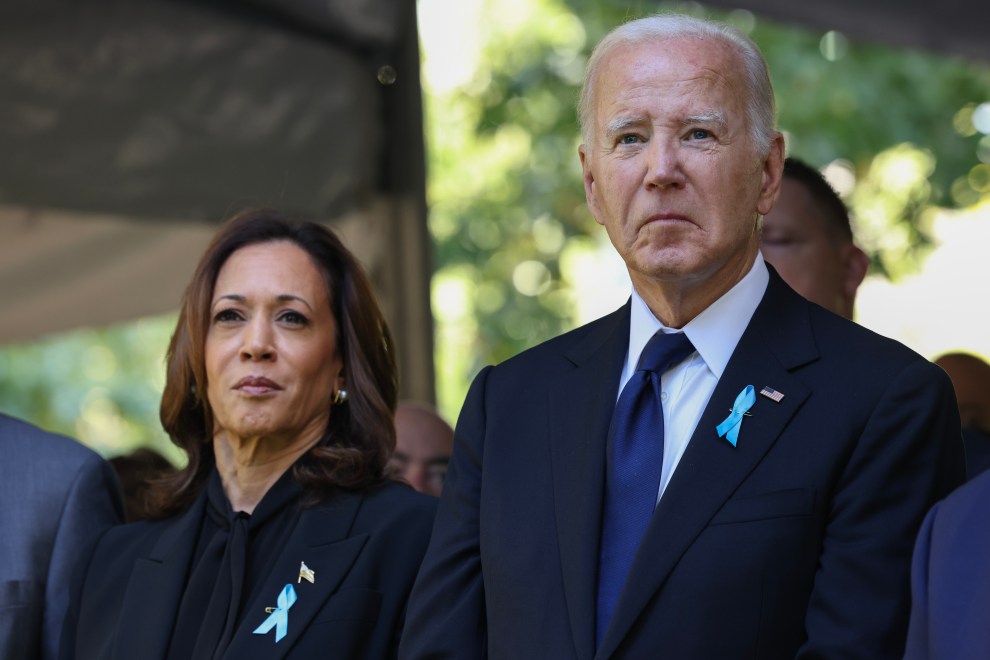Former Vice President Kamala Harris sharply criticizes President Joe Biden’s decision to seek a second term in her forthcoming memoir, calling it “recklessness.” Her critique, rendered in candid language, marks her first public rebuke of the campaign choice.
Harris writes, “Was it grace, or was it recklessness? In retrospect, I think it was recklessness.” She argues the choice was left to Biden and First Lady Jill Biden alone. That, she writes, was a grave mistake.
Still, she makes clear she never doubted his ability. “I don’t believe it was incapacity,” she states. “As loyal as I am to President Biden, I am more loyal to my country.”
Harris frames the campaign’s late shift as a failure of leadership. “This wasn’t a choice that should have been left to an individual’s ego, an individual’s ambition. It should have been more than a personal decision,” she writes.
Frustration at Marginalization by White House Staff
Harris recounts how White House aides failed to support her. She says staff “rarely” defended her against political attacks. She suggests they felt threatened by her success.
Her memoir notes aides operated under a “zero-sum” view: If she thrived, Biden dimmed. “None of them grasped that if I did well, he did well,” she writes.
Harris also describes dilemmas over whether to urge Biden to step aside. She feared doing so would appear self-serving or disloyal. “He would see it as naked ambition, perhaps as poisonous disloyalty,” she says.
Her memoir, titled 107 Days, details the brief and turbulent campaign that followed Biden’s withdrawal in July 2024. It is set for release on September 23, 2025, via Simon & Schuster.
The manuscript also lays the groundwork for a book tour across the United States, Canada, and the United Kingdom later this fall.
Harris makes clear that while she criticizes the process, she does not question Biden’s competence. Instead, she says fatigue from age and travel made his limitations visible. “On his worst day, he was … more capable of exercising judgment … than Donald Trump on his best,” she writes.

